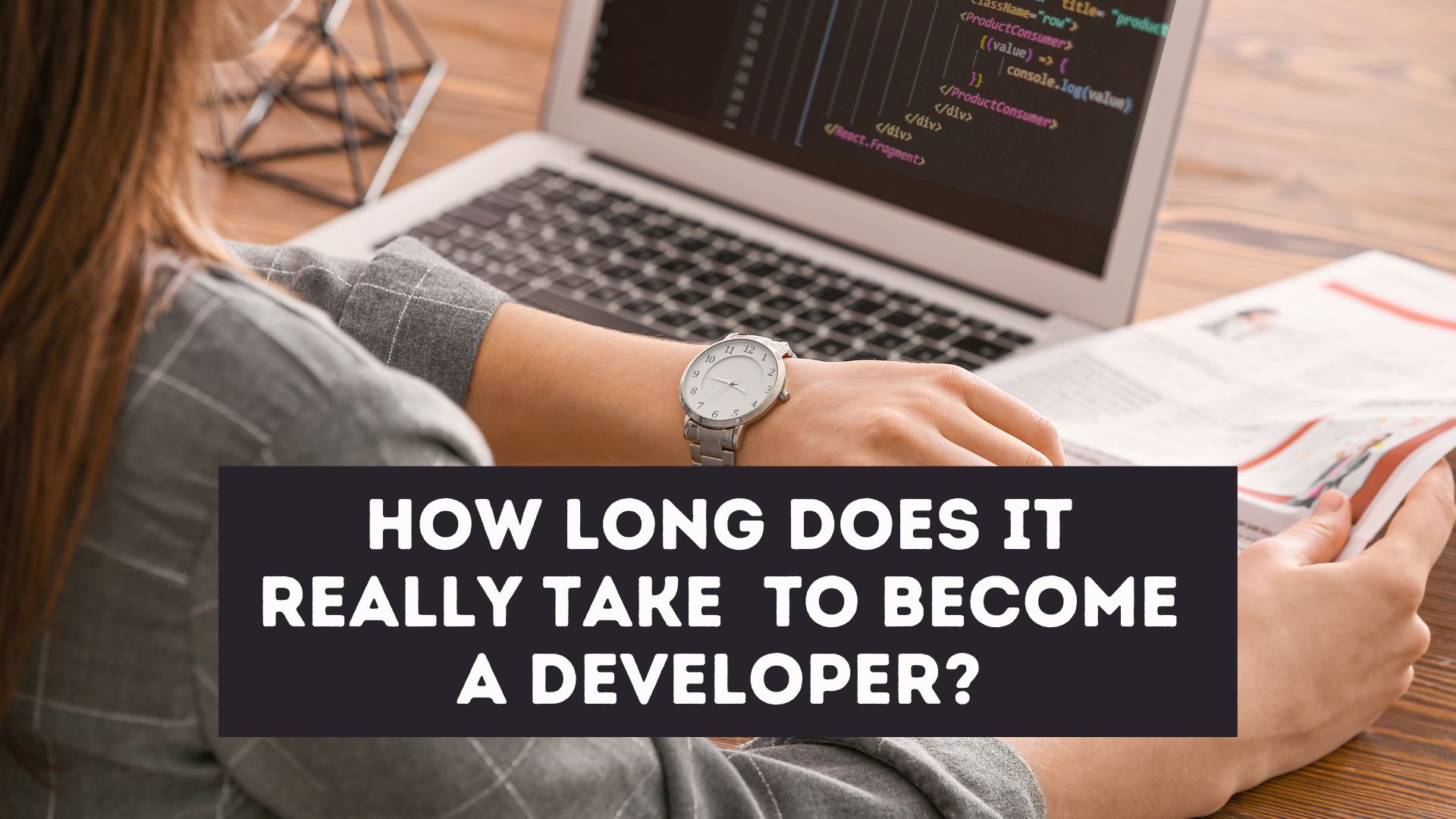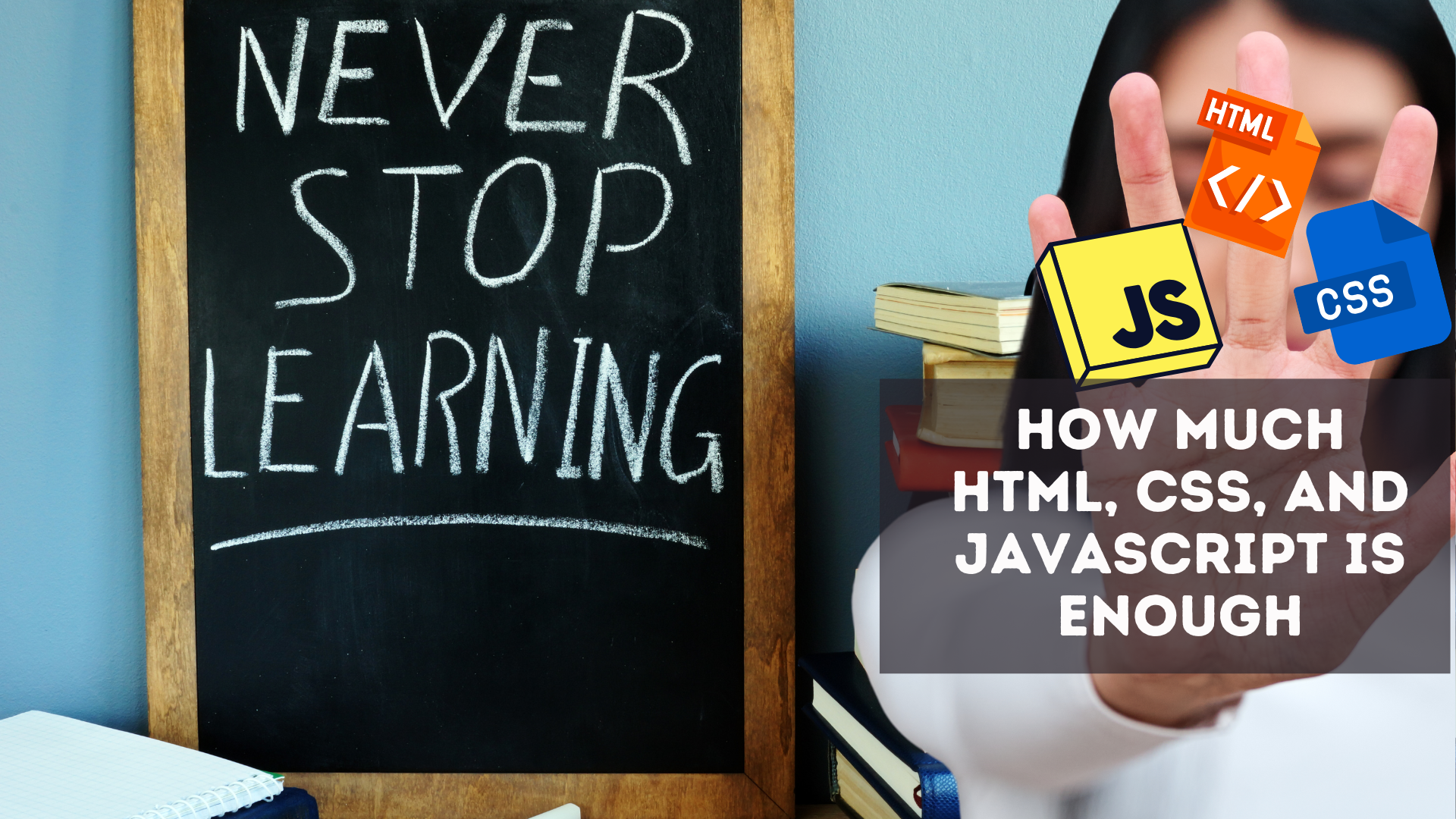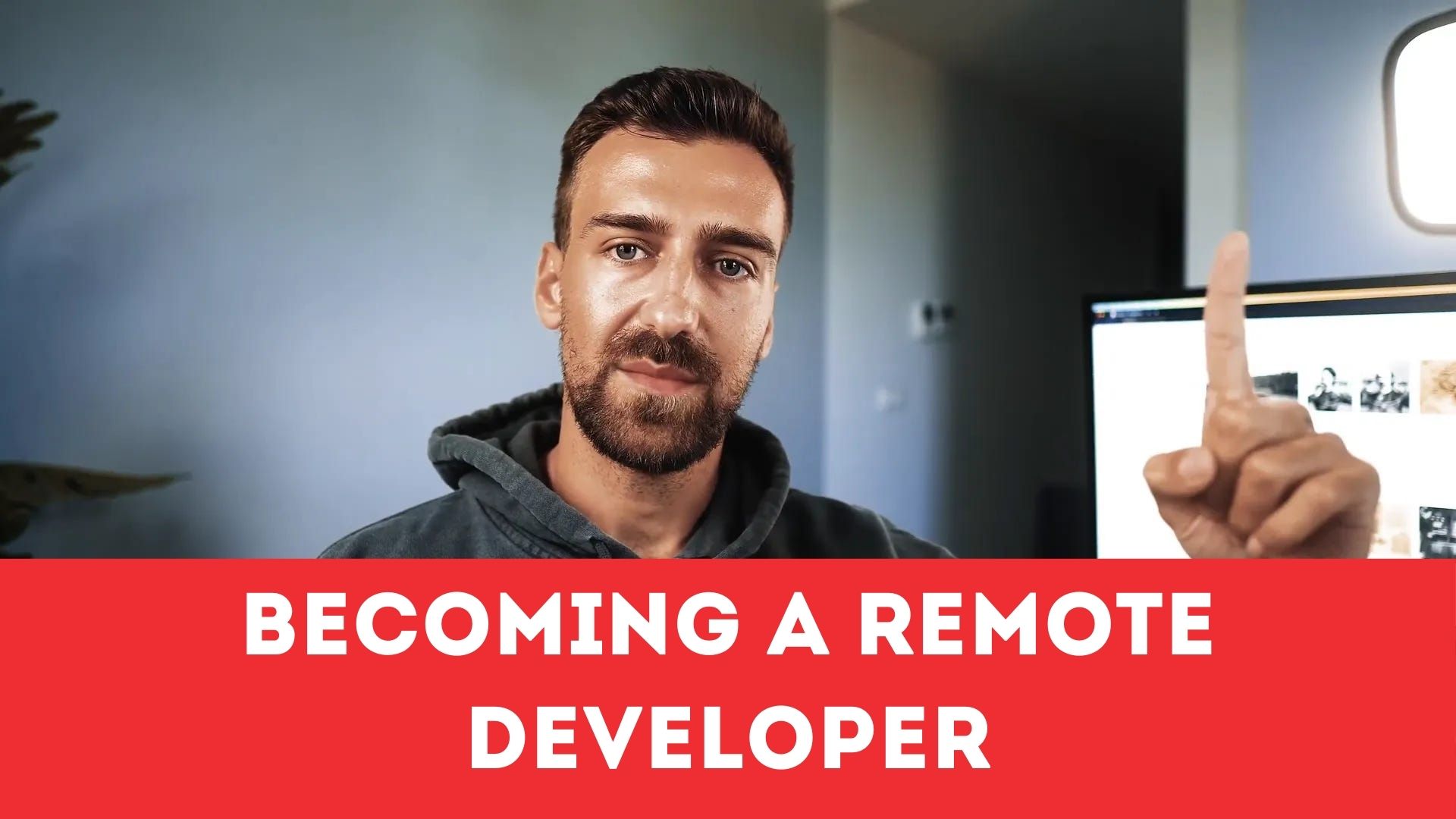How Long Does It REALLY take to Learn Web Development

How Long Does It REALLY take to Learn Web Development
Learning web development can be a daunting journey, especially when it comes to understanding the time commitment involved. Many aspiring developers often wonder how long it will take to gather the skills and experience necessary to become hireable. In this post, we will explore the timelines for learning web development, the factors that influence these timelines, and how to effectively structure your learning journey.
Understanding the Time Commitment
When considering how long it takes to learn web development, it’s crucial to differentiate between merely acquiring knowledge and developing the practical skills necessary for employment. This distinction is often overlooked, leading to unrealistic expectations.
From discussions with various learners, it’s clear that the average person may need anywhere from 600 to 1200 hours of focused learning to become proficient enough to land a job. This estimate can vary widely based on individual circumstances, including prior experience, the learning methods used, and the level of support available.
Breaking Down the Hours
To visualize the time commitment, let’s break down the idea of focused learning sessions. A typical session might last around two to three hours. This means that if you aim for three hours of focused learning per day, you can realistically achieve 18 hours a week if you dedicate six days to learning.
3 hours per day x 6 days = 18 hours per week
18 hours per week x 4 weeks = 72 hours per month
Over a span of nine months, this could accumulate to around 650 hours of learning, assuming everything goes smoothly. However, life happens, and it’s important to account for potential interruptions and fluctuations in motivation.
Realistic Learning Timelines
Typically, coding boot camps promise a quick path to web development skills, often suggesting that intensive programs can condense the learning timeline significantly. While it’s true that immersive environments can accelerate learning, not all boot camps provide the depth and practical experience necessary for real-world application.
For the average learner, committing to a consistent schedule over an extended period may yield better long-term results. Here’s a rough breakdown of possible timelines based on different learning paces:
3 months: Full-time commitment, 10-hour days in a boot camp setting.
6 months: Part-time learning with consistent practice, working around a job or other responsibilities.
9 months to a year: More gradual learning, allowing for deeper understanding and skill acquisition.
Factors Influencing Your Timeline
Several factors can influence how long it takes to learn web development:
Prior Experience: Those with a background in related fields (like graphic design or IT) might find it easier to grasp core concepts.
Learning Style: Different people absorb information at different rates. Visual learners may benefit from courses with a strong visual component.
Support Systems: Having access to mentors, communities, or study groups can significantly enhance learning efficiency.
Quality of Resources: Utilizing high-quality courses, books, and materials can make the learning process smoother and faster.
The Importance of Focused Learning
One of the biggest challenges in learning web development is maintaining focus. Many aspiring developers fall into the trap of spreading their learning too thin, dabbling in various topics without gaining a solid understanding of core concepts.
To combat this, it’s essential to structure your learning sessions effectively. Aim for focused blocks of time where you can immerse yourself in the material without distractions. This could mean setting aside specific times each day dedicated solely to coding practice, project work, or studying theory.
Visualizing Your Learning Journey
Visual aids can be incredibly helpful in mapping out your learning journey. Tools like whiteboarding apps or even simple paper and pen can help you visualize your progress, set goals, and track your hours.
Photo by Ian Schneider on Unsplash
For example, if you plan to study for three hours a day, you can create a calendar that outlines your daily learning objectives. This not only keeps you accountable but also allows you to see how your efforts accumulate over time.
Common Pitfalls to Avoid
As you embark on your web development journey, be aware of common pitfalls that can derail your progress:
Procrastination: Putting off learning sessions can lead to a prolonged timeline and decreased motivation.
Distractions: Allowing distractions, such as social media or television, during study times can waste valuable learning hours.
Overwhelm: Trying to learn too much at once can lead to burnout. Focus on one topic at a time for better retention.
Staying Motivated
Staying motivated throughout the learning process is crucial. Here are some tips to maintain your enthusiasm:
Set Realistic Goals: Break your learning into manageable chunks and celebrate small victories.
Find a Community: Join online forums, local meetups, or coding groups to connect with others on the same journey.
Work on Projects: Apply what you learn by building real projects. This not only reinforces your skills but also creates a portfolio to showcase your work.
Conclusion
In summary, learning web development is a significant commitment that varies from person to person. Understanding the time involved, setting realistic expectations, and staying focused on your goals are all essential components of a successful learning journey. Whether you aim for a boot camp experience or a more gradual approach, what matters most is consistent practice and a willingness to adapt your learning strategy as you progress.
FAQs
How long does it take to become a web developer?
On average, it takes between 600 to 1200 hours of focused learning to become proficient enough for entry-level positions.Can I learn web development on my own?
Yes, many successful web developers are self-taught. Utilizing online resources, tutorials, and community support can help immensely.Is a degree necessary for web development?
No, while a degree can be beneficial, many developers find success through self-directed learning and practical experience.What resources should I use to learn web development?
Look for reputable online courses, coding boot camps, and community forums. Practice through personal projects is also invaluable.
Is there a program to start you on a journey?
Ready to start your web development journey? Remember, it’s not just about the hours you put in but the quality of your learning experience. Happy coding!





